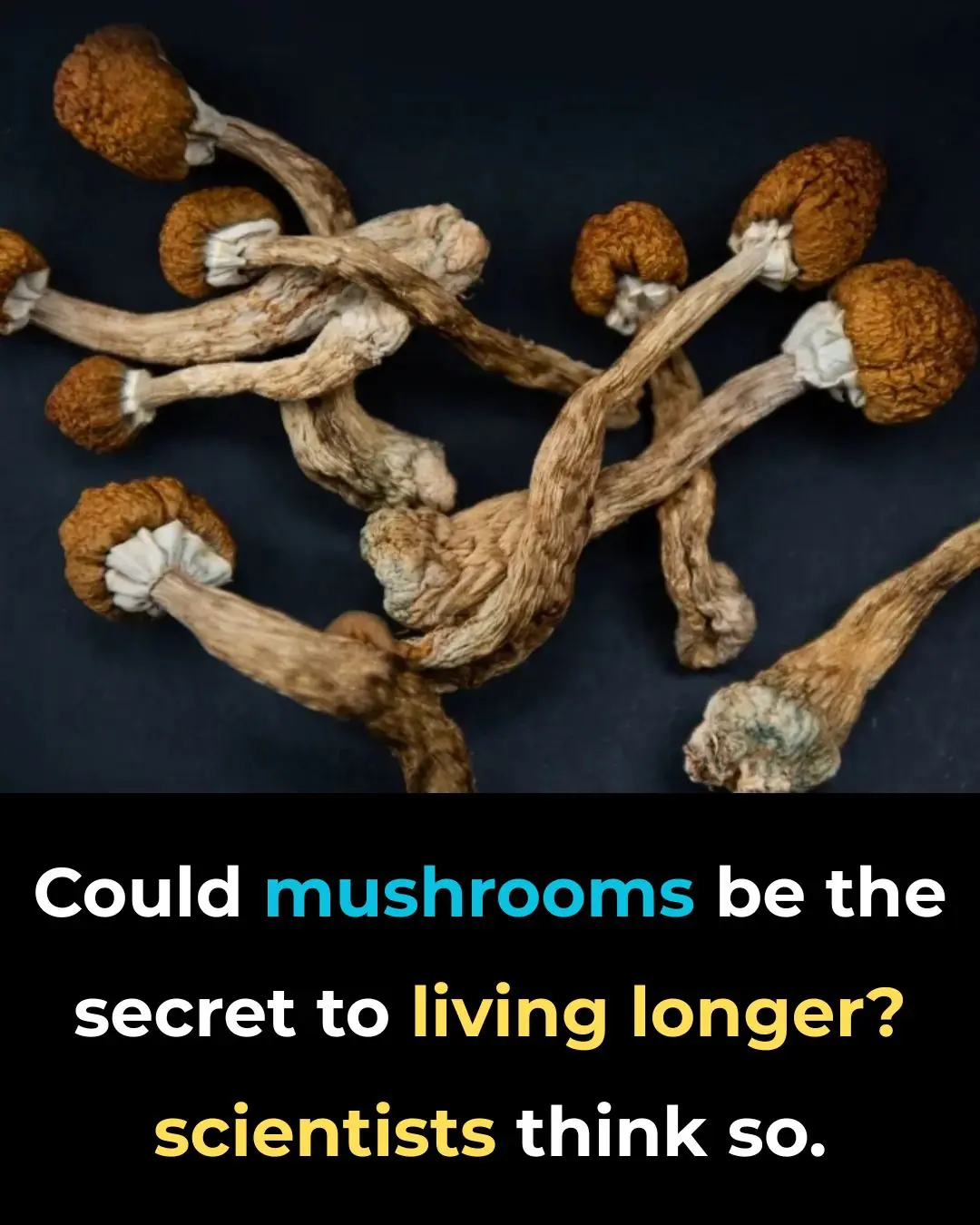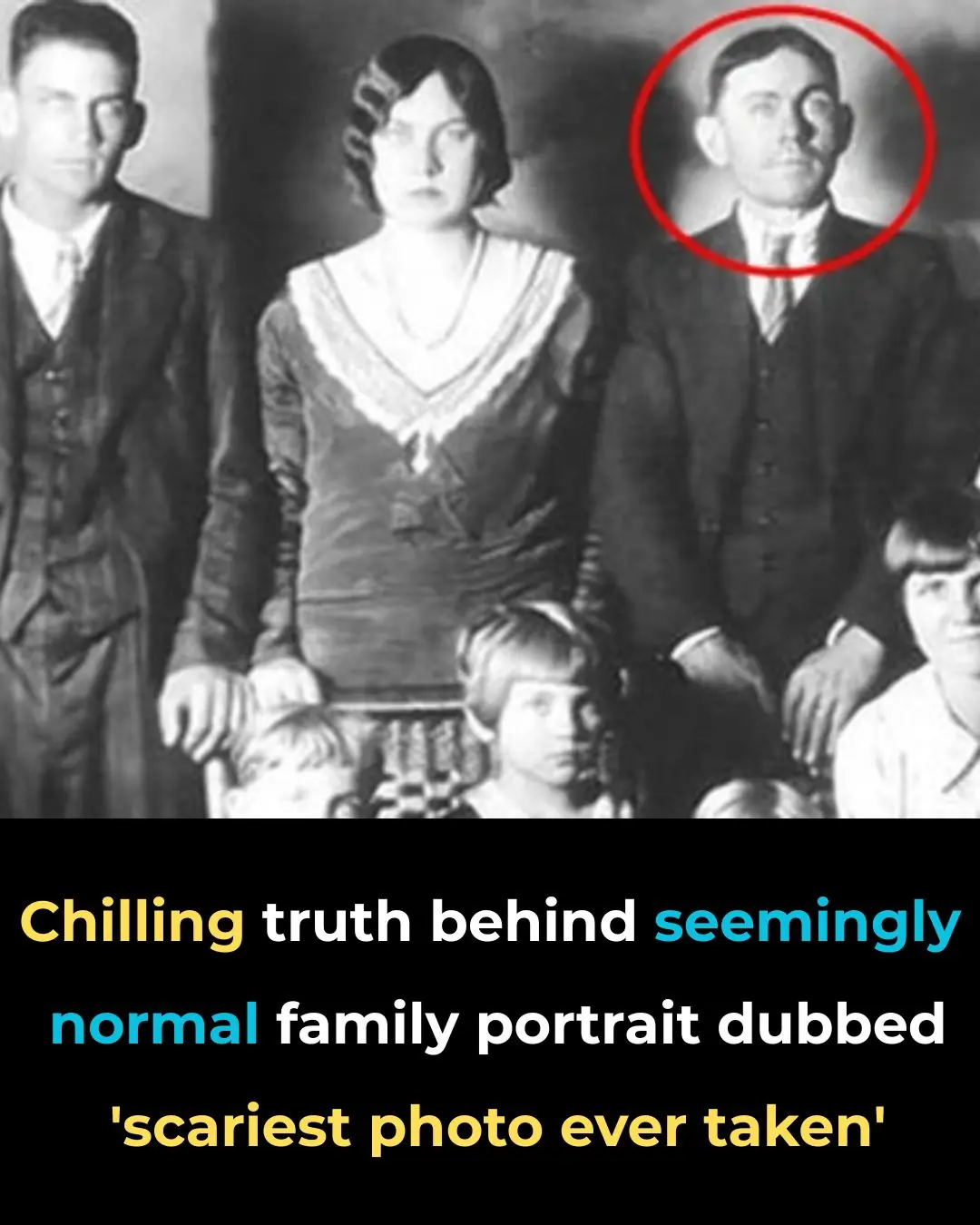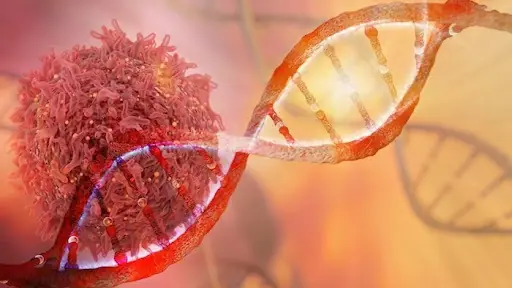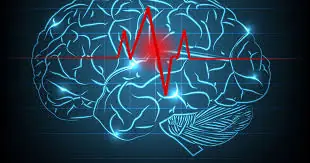What happens after we die? For centuries, humanity has pondered the mysteries of the afterlife, weaving together cultural, religious, and philosophical beliefs to create comforting narratives about what lies beyond this life. While many envision heaven as a place of peace and eternal joy, what if the reality is far more complex and unsettling? This article delves into a powerful and thought-provoking account from an individual who claims to have “died” for six minutes, offering a firsthand look at what they believe they encountered during this brief but life-altering journey.
In 2003, a 15-year-old’s heart stopped, and for six minutes, they were clinically dead. What they experienced during this time, shared anonymously on Reddit, is anything but what one might expect from traditional notions of heaven. Instead of finding peace or solace, they describe a harrowing and psychologically intense encounter that left them questioning not just the afterlife but the very nature of existence. This person’s unsettling journey raises important questions about how we view death, the afterlife, and our understanding of life itself.

The Experience of Dying – A Glimpse into the Unknown
The concept of the afterlife has long captivated human imagination. From religious doctrines to personal speculations, the question of what happens after death remains one of life’s greatest mysteries. For most of us, this question remains theoretical—something we think about, but never experience. However, for one anonymous individual, this mystery became a reality. In 2003, when they were just 15 years old, the Redditor’s heart stopped for a period of six minutes due to serious health complications. What transpired during this time was not just a clinical event—it was a deeply transformative and unsettling encounter that would shape their understanding of existence forever. This person’s account, shared on Reddit, offers a unique and startling look at what might lie beyond our physical world, challenging common perceptions of the afterlife.
The individual’s experience began abruptly. They recall suddenly feeling breathless, collapsing in the middle of a road. A passerby, a woman driving a hatchback, narrowly avoided running over them, stopping just in time to attempt to rouse them and call for emergency assistance. It wasn’t until paramedics arrived that the severity of the situation became clear: the Redditor was clinically dead. For six minutes, their heart ceased to beat. As the emergency responders worked to revive them, the individual was, in their own words, transported beyond the realm of the living. What followed during that brief yet seemingly endless period of time would leave a profound mark on their psyche.
For many, the notion of heaven is associated with serenity, peace, and a sense of eternal joy. The idea of being reunited with loved ones, surrounded by light, or basking in divine love is often how people envision the afterlife. However, the Redditor’s experience defies these conventional images. Instead of an environment characterized by tranquility, they describe encountering a strange and unsettling force—a “childlike spirit” with a tendency for psychological manipulation. This entity subjected them to what the individual calls “soul pain,” an emotional agony far beyond any physical discomfort. In their description, the suffering was not just a matter of pain but of profound emotional and psychological torment. The Redditor’s sense of time and space became warped during these six minutes, and what seemed like an eternity of suffering left them with an indelible sense of trauma. The vividness of this experience, combined with the emotional weight of the pain, led them to question not only the existence of such realms but the very nature of what we perceive as “heaven.”

The Disturbing Nature of “Heaven” – A Reality Unlike Any Expected
When we think of heaven, most of us imagine a peaceful, serene existence where pain and suffering are absent, where joy, peace, and reunion with loved ones dominate. For centuries, religious and spiritual teachings have painted heaven as an idyllic paradise, a place free from the worries of the mortal world. The Redditor’s experience, however, challenges this romanticized view in a profound and unsettling way. During the six minutes they spent “dead,” they did not encounter the serene, comforting afterlife that many expect; instead, they describe a confusing and emotionally taxing realm, one that caused them significant psychological pain.
The Redditor’s narrative paints a picture of a “childlike spirit” that manipulated their consciousness, subjecting them to emotional agony. The spirit, which the Redditor claims to have been a distinct force in the afterlife, seemed to revel in creating psychological distress. Unlike common depictions of heaven where love and light are omnipresent, this experience was more in line with what one might expect from a nightmare rather than a spiritual sanctuary. The Redditor explains that the torment felt during their time in this “heaven” was unlike anything they had ever known—an intense, soul-deep pain that seemed more psychological than physical. The pain, they say, was akin to the devastating emotional hurt one feels when mourning the loss of a loved one. It was a form of suffering that seemed to go beyond the physical realm, one that attacked the very core of their being.
The Redditor goes on to explain that this emotional pain was not something that could be easily ignored or endured. It was distressing in a way that transcended simple discomfort—an excruciating, relentless feeling that they describe as “soul pain.” The Redditor even compares it to the agony of profound grief, the kind of emotional hurt that can be almost unbearable when someone you love is taken from you. It’s a pain that cuts so deeply that it reshapes your entire worldview. This profound suffering was exacerbated by the unnerving realization that it was not just an abstract experience of discomfort, but something intentional, stemming from a force that took pleasure in the emotional turmoil it caused. The entity’s role in this afterlife experience seems to have been not to offer comfort or healing, but rather to play with the Redditor’s suffering, almost as if they were a plaything in a strange, unsettling game.
The contrast between this account and the traditional depictions of heaven could not be starker. While many envision an afterlife that offers peace and resolution, the Redditor’s description of “heaven” is far darker and more complex. The idea that heaven could be a place of emotional pain and manipulation, instead of peace and tranquility, challenges centuries of spiritual and religious narratives. This brings into question not only the true nature of the afterlife but also the ways in which different cultures and belief systems have framed this concept. If the afterlife does indeed exist, might it be a realm where suffering takes on new forms, where peace is not guaranteed, and where the soul must navigate not just external challenges, but internal ones as well?

The Emotional and Psychological Impact of the Experience
The trauma of returning to life after a near-death experience can be just as intense as the experience itself. For the Redditor, their six-minute journey to the afterlife left a permanent emotional and psychological scar. The idea of life after death is often idealized as a serene, peaceful transition, but the reality of this individual’s return to life was anything but comforting. The Redditor explains that the weeks following their revival were fraught with psychological distress. While many people might assume that a person would feel gratitude for being revived, this individual’s emotional state was anything but relieved or thankful.
Rather than feeling joy or relief at the second chance they had been given, the Redditor was deeply disturbed by their experience. They found it difficult to share what they had gone through, as others either dismissed or failed to understand the gravity of the trauma. “Everyone told me I’d suffered a very serious and traumatic experience for a young man,” the Redditor recalls. But this didn’t lessen the internal turmoil they faced. It was as though their mind and soul had been stretched to their limits and had never quite returned to the place of stability they had once known. The traumatic nature of their experience made it difficult to fit back into life as it had been before, and they struggled to find peace in the aftermath.
What made the trauma even harder to bear was the profound disconnection the Redditor felt with others. While the person had experienced something so extraordinary, others couldn’t comprehend it in the same way. They were met with skepticism or indifference. The gap between what they had witnessed in the afterlife and what people around them understood about life and death became a painful chasm. The Redditor found themselves isolated by their experiences, unable to explain the deeply unsettling nature of the realm they had encountered and the emotional scars it left behind. It’s a stark reminder of how profoundly an individual’s spiritual experiences—particularly ones as extraordinary as a near-death experience—can shape their mental health and sense of identity.
Psychologically, the Redditor’s return to life was more than just a physical revival. It was a journey of reintegration into a world that no longer felt familiar. The person’s worldview had been irrevocably altered. They had glimpsed something far beyond the ordinary, and in doing so, they found themselves questioning not only the nature of the afterlife but also the significance of their own life. What purpose does life hold when faced with such a disorienting experience of death? How does one make sense of their existence after experiencing something so unsettling? These are the questions the Redditor was left grappling with, unable to find clear answers or a sense of resolution.

The Dangers of Oversimplified Views on the Afterlife
The Redditor’s account serves as a potent reminder of the dangers inherent in overly simplistic or romanticized ideas about the afterlife. For centuries, religious and cultural traditions have shaped our perceptions of what happens after death, often presenting heaven as a peaceful, comforting, and joyous experience. But the Redditor’s experience challenges these assumptions, urging us to reconsider how we think about life after death. Their narrative suggests that such a complex and mysterious experience as death could hardly fit neatly into the confines of conventional, comforting beliefs.
For many, the traditional view of heaven is associated with light, peace, and love—often presented as an eternal paradise where suffering and conflict are no more. However, as the Redditor describes, their experience of heaven was far from this idyllic image. Instead of a realm of harmony, they encountered an emotionally charged space where they were subjected to psychological manipulation and intense “soul pain.” This experience highlights how dangerous it can be to create a single, universal narrative about the afterlife that fits neatly within a cultural or religious framework. Death, as the Redditor’s experience shows, might not conform to any preconceived notions we have about it.
The Redditor also stresses how their encounter with this force in the afterlife left them with knowledge they didn’t wish to have, or perhaps weren’t ready to handle. This notion of an afterlife offering not peace, but difficult truths, mirrors the reality that we may never fully understand or be able to categorize the experience of death. They suggest that part of their traumatic experience was learning things about the universe that left them feeling unsettled, as if the answers to life’s greatest mysteries are not as clear-cut or reassuring as we hope. This touches on a deeper philosophical question: Is it possible that our belief systems about the afterlife may limit our ability to face death with openness, instead of relying on a simplistic or comforting narrative? The Redditor’s encounter with a different form of existence challenges the idea that the afterlife is something we can fully conceptualize or predict, suggesting that it may be far more complex and varied than we can imagine.

Reconsidering Life and Death – What We Can Learn from a Near-Death Experience
The Redditor’s near-death experience forces us to confront not only our perceptions of the afterlife but also our understanding of life itself. When faced with the unknown, we often rely on comforting narratives, trying to create meaning in the face of our inevitable mortality. But what happens when those comforting narratives are challenged, as in the case of the Redditor’s unsettling experience? In many ways, this account encourages a deeper reflection on the nature of existence and our relationship to death.
One of the most profound insights from the Redditor’s story is the realization that life may hold more significance than we often give it credit for. When the individual was thrust into an extraordinary situation, where their physical body was temporarily gone, their soul—or consciousness—was exposed to something far beyond the realm of daily human existence. In recounting their experience, they convey the idea that death isn’t just an end, but also a possibility of experiencing a new state of being—one that may not be peaceful, but instead filled with complexity, challenges, and unexpected revelations. This perspective forces us to question our approach to life: Are we living with an awareness of the uncertainty and mystery surrounding our existence, or are we taking our time here for granted, assuming that death is simply the end of a linear journey?
The Redditor’s story also highlights the psychological and emotional layers of the human experience. While we often think of the afterlife in purely physical terms, this account reminds us that the emotional and psychological elements of life and death are just as important—if not more so. The emotional pain described during the Redditor’s experience in “heaven” was not just about physical suffering but about the profound anguish of loss, grief, and spiritual manipulation. These are feelings that many people experience in life, even without the context of death, and they underscore the complexity of the human condition. The idea that death may not bring immediate comfort or relief challenges our reliance on simple narratives and encourages us to think more deeply about how we cope with suffering, loss, and existential questions.
Finally, this story calls us to approach the subject of death with more humility. The afterlife, if it exists, may be far more complex and unfathomable than any of us can predict. We may never fully understand what happens after we die, and that uncertainty can be unsettling. However, embracing this mystery may be the first step toward living more authentically. Instead of clinging to rigid views about death and the afterlife, we might be better off accepting that some things are beyond human comprehension. By recognizing the unknown, we can approach life with a sense of curiosity, openness, and respect for the vast, mysterious journey we are all on.
Ultimately, the Redditor’s experience serves as a poignant reminder that life is fragile and unpredictable, and death, whenever it comes, may not resemble the peaceful conclusion we often expect. Their story challenges us to reconsider not only our understanding of the afterlife but also how we live in the present.






























